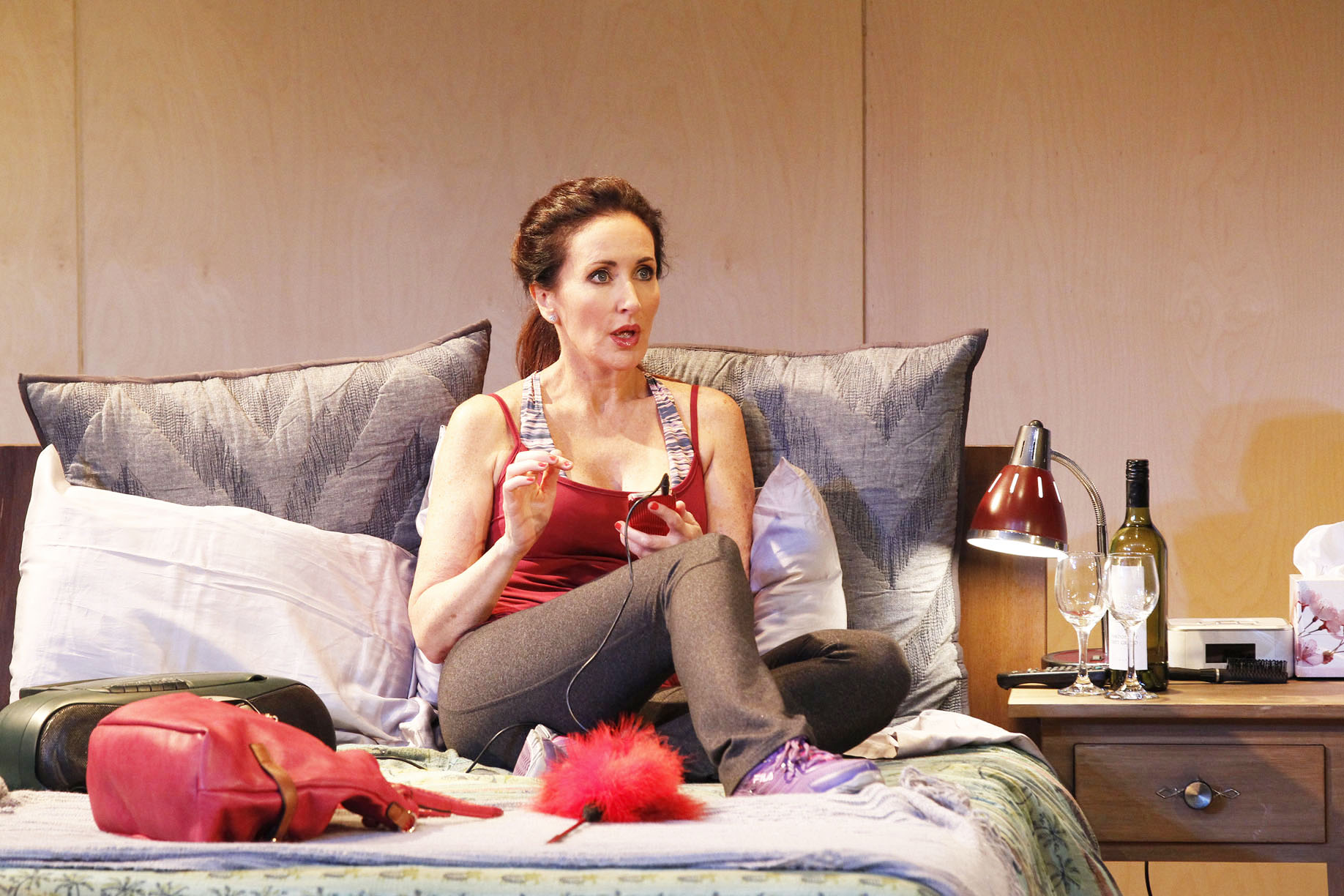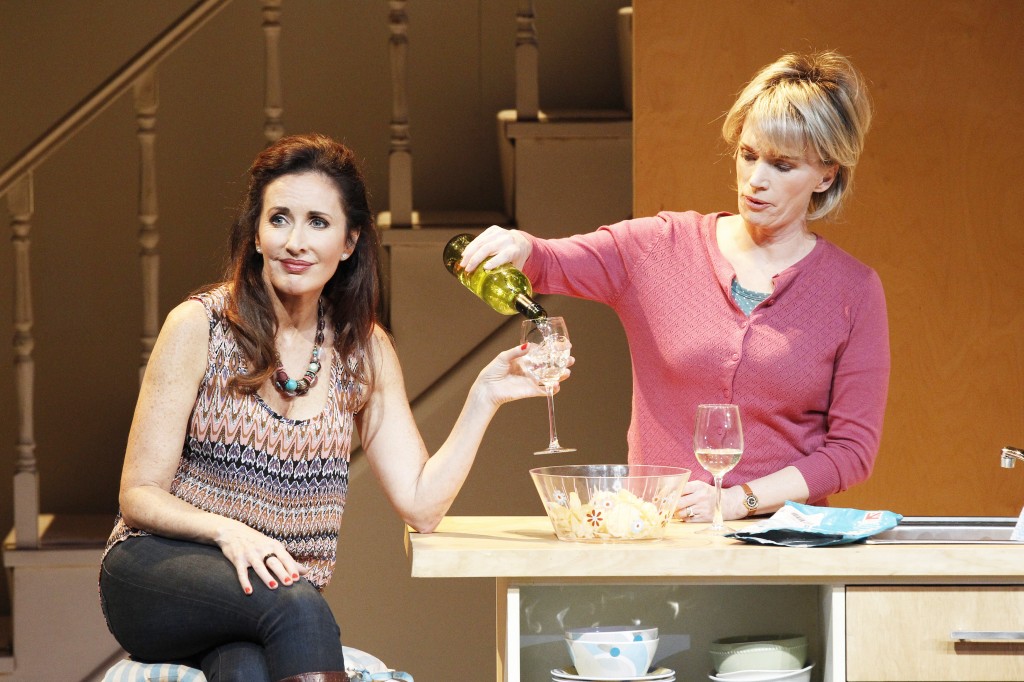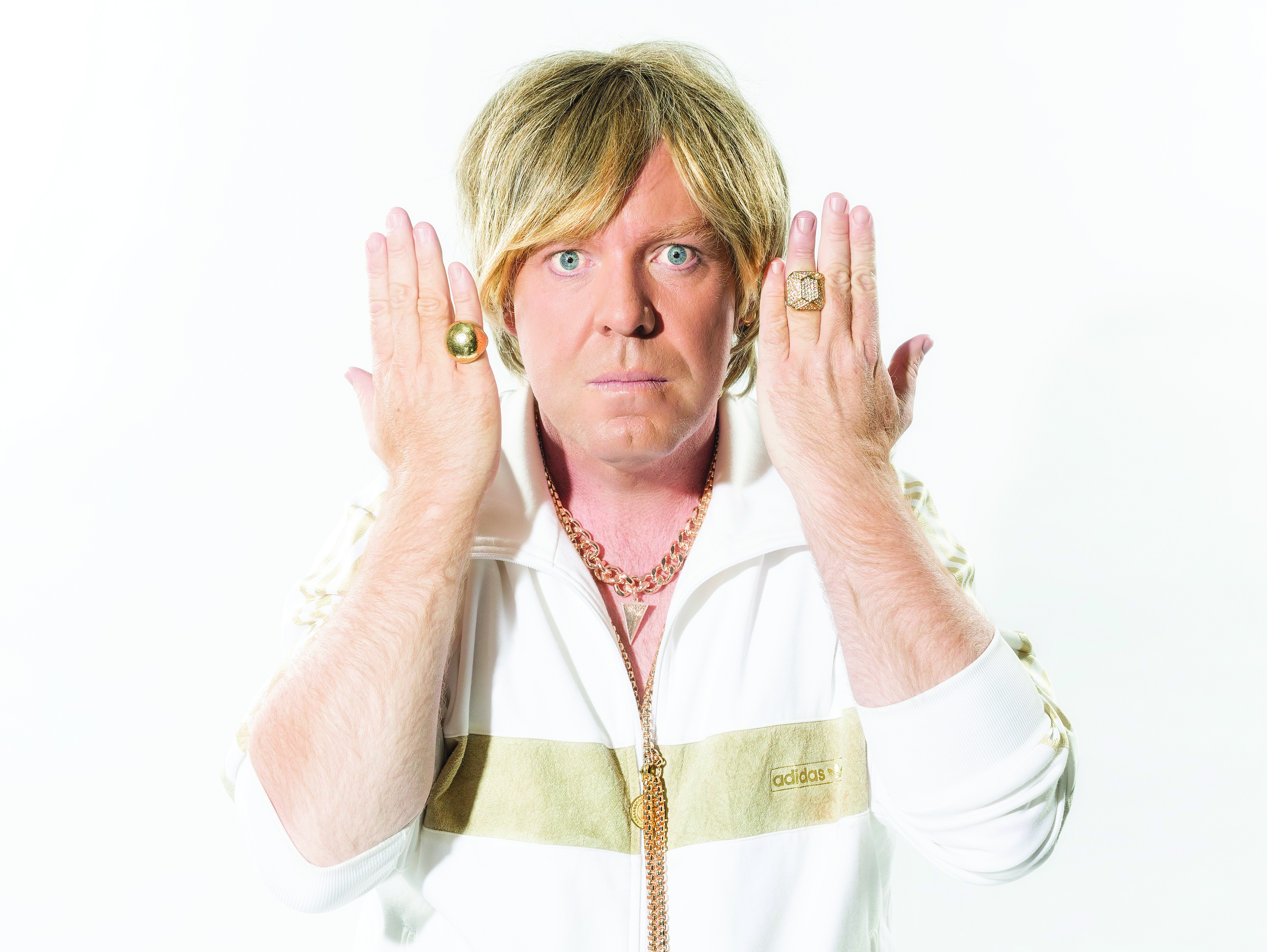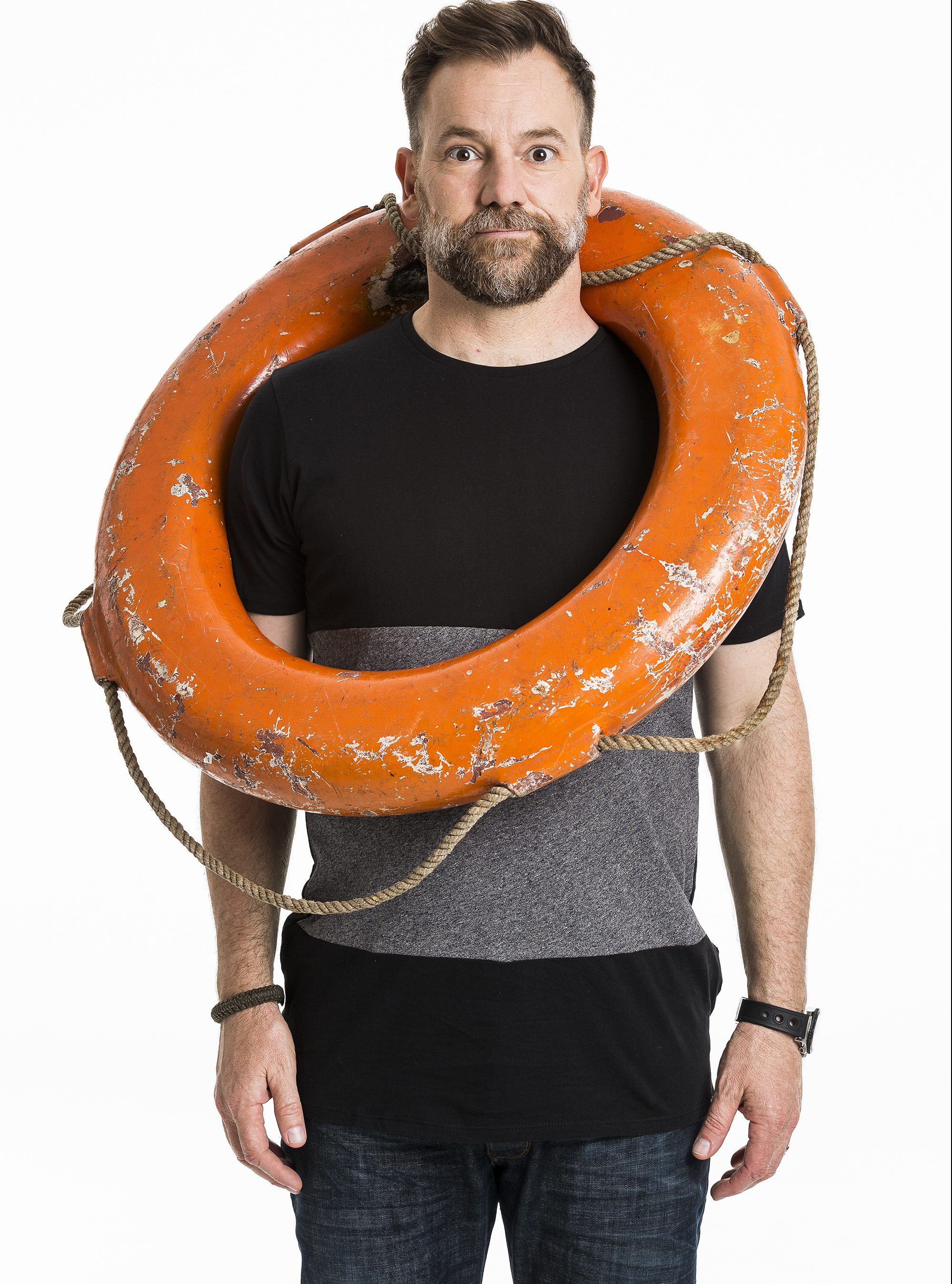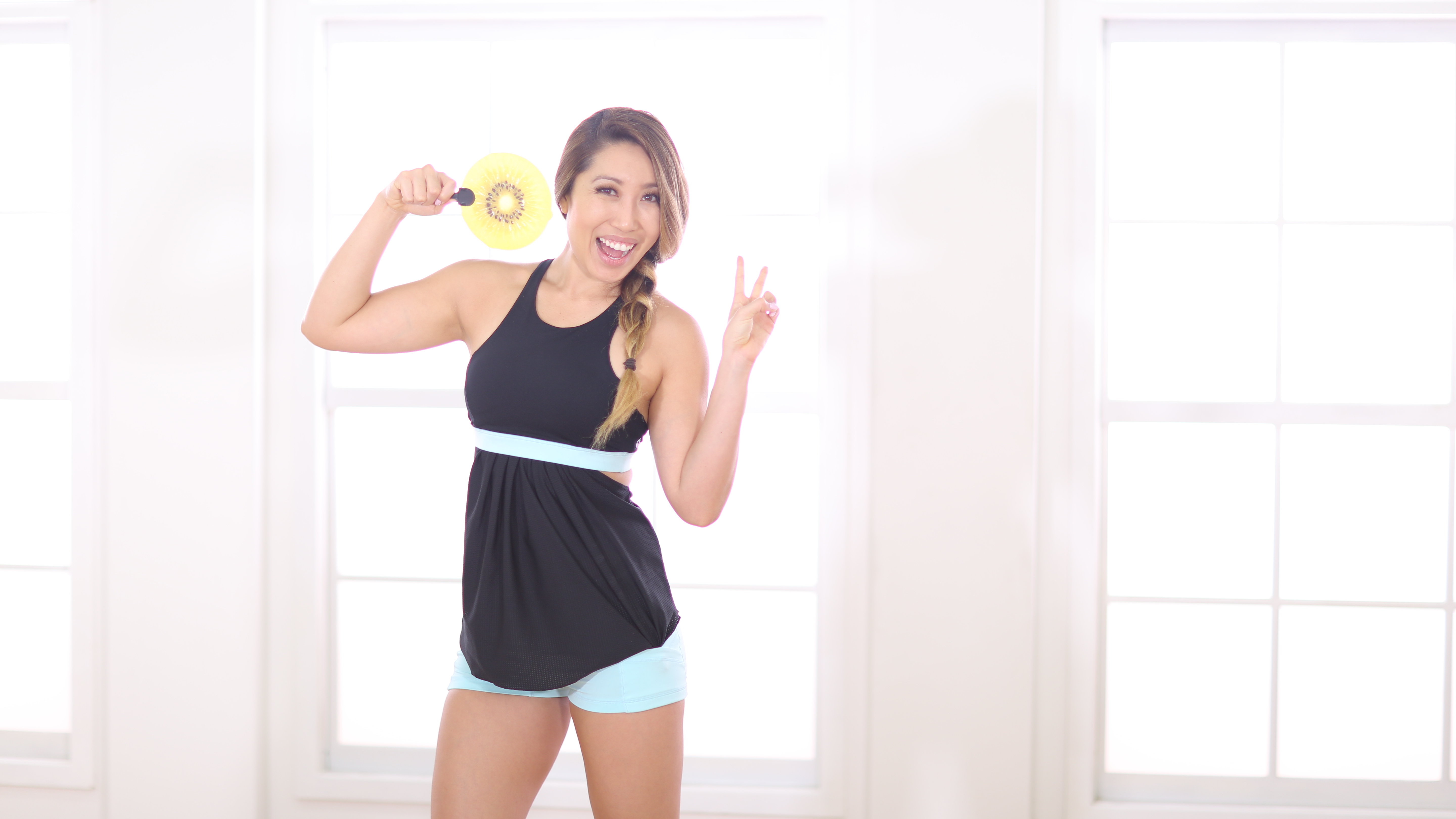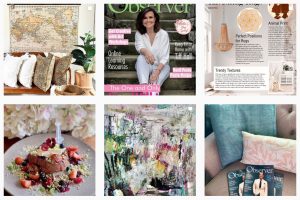Seasoned Aussie performer, Marina Prior, chats with Sydney Observer about the challenges facing women in the entertainment industry. Steph Nash reporting.
Stop and think for a second about your favourite films and productions. You may notice a few different trends, depending on what you like – for example, you may appreciate a certain genre, or perhaps it’s a favourite actor or actress. But what you might not notice, however, is the subtle misogynistic undercurrent that taints our popular culture like a lingering bad smell in a garbage can.
According to the Geena Davis Institute on Gender in the Media, there are three times as many male characters as there are female characters in popular family films. Head resarcher, Dr Stacey Smith, found in her 2014 study, Gender Bias without Borders, that under 25 per cent of films have a female protagonist.
So, with women comprising over 50 per cent of the entire Australian population, how is it that we are still classically viewed as a minority? Surely, in our post-modern society of 2015, women can be appreciated in film and theatre as strong, independant and fearless?
It’s an issue that has veteran performer, Marina Prior, gobsmacked.
“It’s very easy in the society that we’re living in for females to be treated as replaceable,” Prior says.
“Once their percieved sexual caché is gone, they’re not seen as relevant. And this is just quite simply not true”.
Prior has been on the acting scene for a long time, and is no stranger to being typecast in the theatre. For the last thirty years, Marina Prior has graced our stages as a Mable, a Guinevere, a Maria, and a Christine – but now, she says she’s well and truly over the idea of playing a sexualised young lover, and wants instead to be cast in roles that reflect women just as they are.
Cue Jumpy – a contemporary play written by English writer, April de Angelis, about the complex idenitites of middle-aged women. Jumpy premiered in Melbourne in late January, and will be making its debut for the Sydney Theatre Company in March. Kath and Kim’s Jane Turner stars as Hilary, a frazzled mother in her fifties suffering from a stale marriage and a troublesome teenage daughter. Prior, meanwhile, stars as Frances, Hilary’s best friend – a struggling actress who is openly exploring her sexuality in a desperate attempt to reclaim her youth.
“I like her, I like her a lot,” Prior says of Frances.
“She has no kids or partner. She’s very attunded to her sexuality and her relevance, and she’s going down fighting. I admire the passion and the hunger that she’s got”.
Prior says that the nature of the play attracted her immediately, as the themes and issues truly reflect her own age and context. Such is a rarity in the theatre, with traditional musicals in particular usually centred around men (of all ages) and their lust for young women.
“[Jumpy is] a play written about middle aged women and their stories, and that’s very rare. Usually, stories in the theatre tend to be very much from a male perspective, and the protagonists of plays tend to be male,” she says.
“It’s great that this is written about the stories of middle-aged women. I love it!”
For aging female actors and performers, the game tends to change as far as typecasting and representation are concerned. Women, who are pigeonholed as the beautiful, sexy love interest in their youth, are being pushed into evil, and hyoperbolicaly unattractive roles as they grow older. Meryl Streep made headlines earlier in the year for publicly complaining about the way older women are demonised in film. The comments came as she found herself typecast as yet another evil, old witch for Into the Woods.
“I think if I was purely relying on roles in theatre and not singing and recording, I would definitely face the ageing women’s issue,”
Prior reflects.
“Because of course, at the age of 50 – you don’t want to play the ingénue. I don’t want to play the romantic young girl. Would I like to play more gutsy female roles for my age? Of course. But they’ve got to be written”.
The dilemma of female representation in the entertainment industry is as relevant now as it was forty years ago, when feminist Molly Haskell wrote her groundbreaking 1974 thesis on voyeurism in popular films. The 101st annual International Women’s Day has only just passed, and as much as it seems appropriate to talk about how far we’ve come, it might be more important to discuss how much further we have to go before we see equal representation of women in popular culture. With Patricia Arquette’s Oscar speech in mind, Marina Prior encourages young performers to take gender equality into their own hands, and push the boundaries where they need to be pushed.
“Don’t let anyone pigeonhole you. As a young music theatre performer, I got very pigeonholed. You find you’re told that you can only play the young, pretty, benign lead,” she says.
“I had to really fight for comedy roles and character roles, because unfortunately, people like to put you in a neat convenient little pigeonhole. I would encourage young women starting out to always want to be reinventing themselves, and pushing the boundaries of perception. Challenge people’s perception of you”.
Jumpy will be premiering at the Sydney Opera House on Saturday March 28. To book, please see here.

